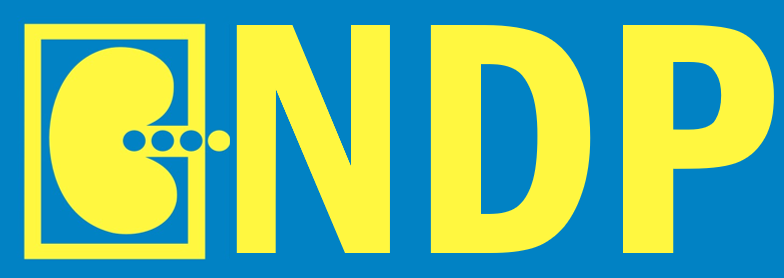- Polish Nephrology and Dialysis | official journal of the Polish Society of Nephrology
Autosomal dominant tubulointerstitial kidney disease (ADTKD) – with particular emphasis on disorders associated with a mutation in the gene encoding uromodulin
Role of the support versus life adaptation in dialysed patients
10 May 2021Respiratory muscle strength disorders in patients with chronic kidney disease on peritoneal dialysis
10 May 2021Autosomal dominant tubulointerstitial kidney disease (ADTKD) - with particular emphasis on disorders
associated with a mutation in the gene encoding uromodulin
Agata MIŚKIEWICZ
Andrzej WIĘCEK
Katedra i Klinika Nefrologii, Transplantologii i Chorób Wewnętrznych, Śląskiego Uniwersytetu Medycznego w Katowicach
Kierownik: Prof. Dr hab. med. Andrzej Więcek
Autosomalnie dominujące cewkowośródmiąższowe choroby nerek – ze szczególnym uwzględnieniem zaburzeń związanych z mutacją w genie kodującym uromodulinę
Dziedziczne zaburzenia czynności wydalniczej nerek, choć dotychczas przez wielu klinicystów pomijane, ze względu na niejednorodne kryteria diagnostyczne i nieadekwatną do obrazu klinicznego nomenklaturę, stanowią istotną część przyczyn prowadzących do przewlekłej choroby nerek. W ostatnich latach podjęto próbę uporządkowania terminologii tych zaburzeń. W Raporcie Kidney Disease: Improving Global Outcomes (KDIGO), opracowanym w trakcie Konferencji w Bostonie w 2014, wprowadzono wspólną nazwę: autosomalnie dominujące cewkowo-śródmiąższowe choroby nerek oraz podsumowano cechy charakterystyczne rodzinnie występujących przewlekłych chorób nerek. W niniejszej pracy przedstawiono aktualny stan wiedzy na temat chorób nerek spowodowanych najczęstszymi mutacjami monogenowymi, ze szczególnym uwzględnieniem patogenezy i diagnostyki obrazowej zaburzeń powiązanych z mutacją w genie uromoduliny.
(NEFROL. DIAL. POL. 2015, 19, 166-169)
Autosomal dominant tubulointerstitial kidney disease (ADTKD) - with particular emphasis on disorders
associated with a mutation in the gene encoding uromodulin
Inherited abnormalities of the excretory renal function, which are a significant part of chronic kidney disease were neglected by many clinicians, due to lack of uniform diagnostic criteria and variable nomenclature, inadequate to clinical observations. Recently there was an attempt to uniform terminology in these types of inherited disease. Report prepared by Kidney Disease: Improving Global Outcoms (KDIGO), developed at the conference in Boston 2014, recommended the term Autosomal Dominant Tubulointerstitial Kidney Disease (ADTKD) and proposed criteria for a suspected or confirmed chronic kidney disease with a positive family history. This paper summaries the present status of knowledge focused on kidney dysfunction caused by monogenic mutations, including pathogenesis and diagnostic imaging procedures of disorders associated with
a mutation in the uromodulin gene.
(NEPROL. DIAL. POL. 2015, 19, 166-169)
